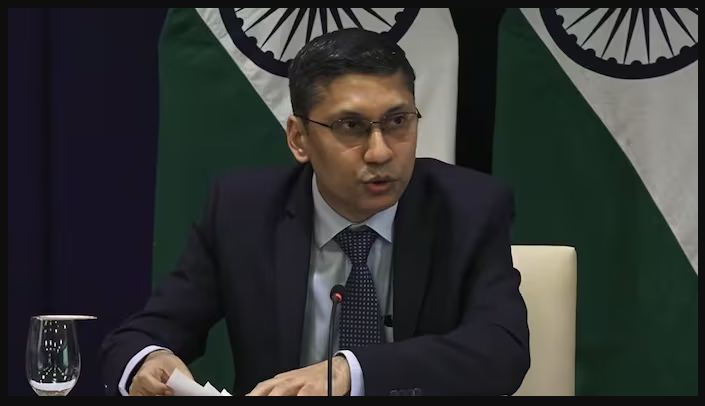Cuba Faces Deepening Power Crisis as Fuel Supplies from Mexico and Venezuela Decline
Havana – Cuba is confronting one of its most severe energy shortages in recent years as fuel supplies from Mexico and Venezuela continue to fall, placing added pressure on an already fragile power grid.
The drop in crude and refined product imports has intensified lengthy power cuts across the island, affecting households, businesses and public services.
Government data and industry records indicate that in the first ten months of the year, Cuba’s total fuel imports dropped by more than a third, disrupting transportation, power generation and daily operations nationwide.
The country has long depended on imported refined products to meet demand, but economic challenges and limited access to international markets have deepened its reliance on key allies.
Mexico, once a steady supplier of light crude crucial for Cuban refineries, has sharply reduced shipments as it faces its own production constraints and prioritizes other buyers.
Imports from Mexico fell by more than 70% compared with the previous year, bringing deliveries to around 5,000 barrels per day and leaving Cuban power plants with fewer resources.
Venezuela, historically Cuba’s most important energy partner, has also cut fuel deliveries by nearly 15%, especially in fuel oil used for electricity generation.
The reduction in Venezuelan supplies has strained Cuba’s power sector, which depends heavily on fuel oil to keep power stations running during peak demand.
Cuba’s overall imports of crude, liquefied petroleum gas and other fuels fell by 35% this year, reducing total deliveries to approximately 45,000 barrels per day from over 69,000 last year.
Officials from energy ministries in the supplying countries did not issue public comments on the reductions, but analysts attribute the shortages to limited output, export prioritization and payment challenges.
Russia, which has previously stepped in during crises, has sent only a small number of crude cargoes, not enough to make a meaningful difference in offsetting the decline from Mexico and Venezuela.
The shortage has translated into widespread and unpredictable power outages across the island, with many provinces receiving only a few hours of electricity a day.
Havana, usually shielded from the worst of the cuts, is now experiencing blackouts that last up to nine hours, disrupting work, transportation and essential services.
Cuban authorities cite a combination of factors behind the crisis, including fuel shortages, aging infrastructure and damage from recent storms.
Nearly 900 megawatts of national generation capacity were offline this week due to fuel and lubricant shortages, representing nearly a third of the island’s electricity demand.
Residents describe the situation as exhausting and unpredictable, struggling to manage daily routines without steady access to light, refrigeration or cooling.
University students and families say the outages affect their ability to study, cook and work, forcing many to wait late into the night for electricity to return.
Mexico’s ability to supply Cuba is limited by its declining output of light crude, which is now directed mainly toward higher-paying international clients.
Production drops and reduced export volumes have made it difficult for Mexico to maintain previous support, leaving Cuba with fewer alternatives as global markets tighten.
Venezuela faces similar constraints as shifting sanctions and internal refinery needs have forced it to retain more crude and feedstock for domestic consumption.
Lower output of the fuel oil that Cuba relies on for electricity has further reduced available shipments, intensifying shortages at a time when demand remains high.
Cuba’s efforts to secure additional supply have been hampered by financial limitations, including difficulties purchasing fuel on the spot market due to economic restrictions.
The long-standing delay of a credit arrangement between Cuba and Venezuela has also disrupted fuel flows, further complicating the island’s ability to stabilize its energy system.
As the crisis deepens, Cuba is prioritizing repairs, rationing schedules and emergency measures, but officials acknowledge that recovery will depend heavily on increased fuel availability from its partners.
The coming months are expected to remain challenging, with authorities warning of continued outages until supplies improve or domestic capacity strengthens.



